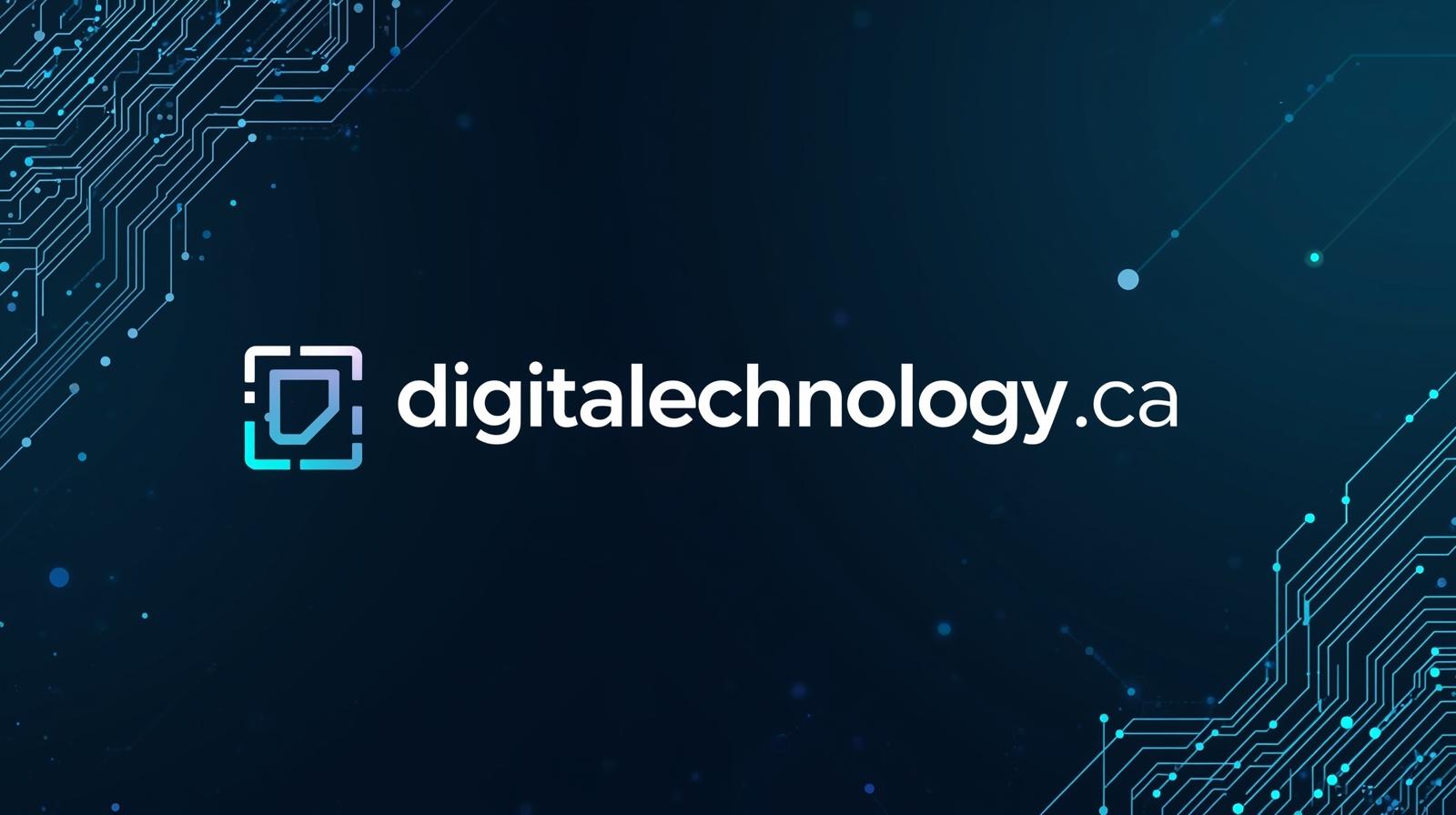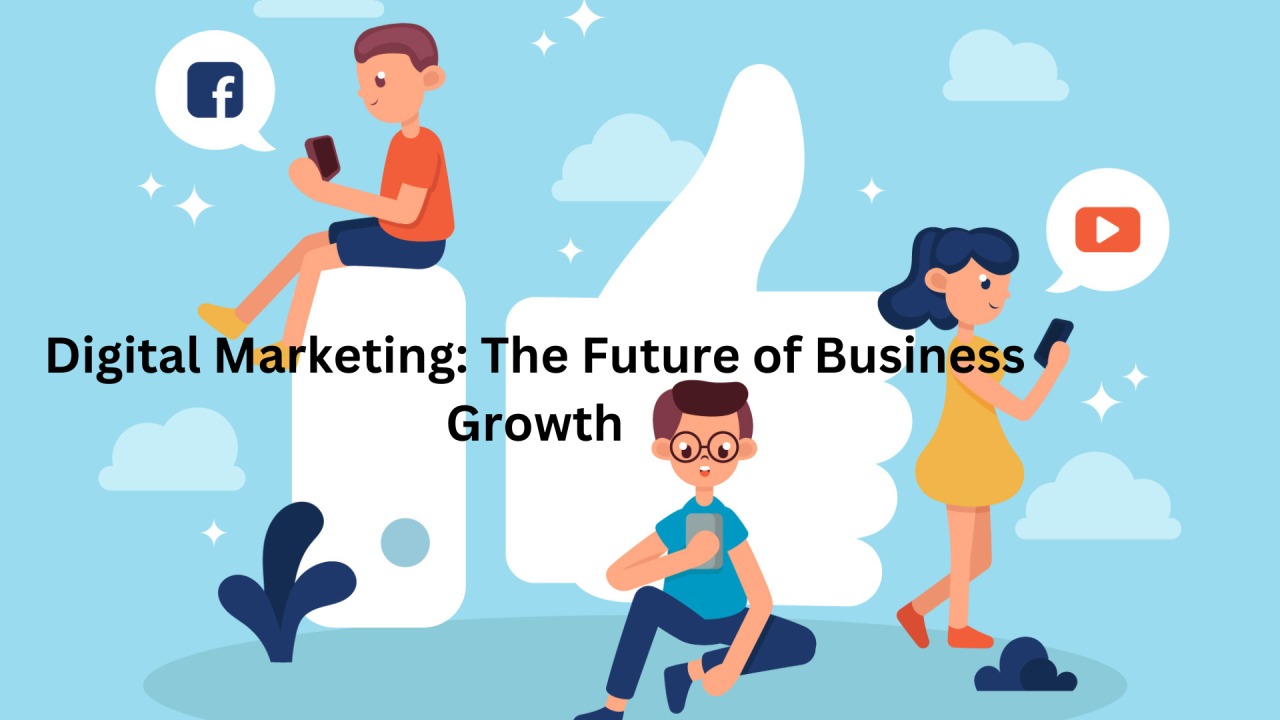In today’s fast-paced digital world, digital marketing has become the backbone of successful businesses. Whether you’re running a startup or a large enterprise, having a strong online presence is essential to reach your target audience, increase brand visibility, and boost revenue. But what exactly is digital marketing, and why is it so important? Let’s dive deep into this ever-evolving field.
What is Digital Marketing?
Digital marketing refers to all marketing efforts that use the internet or electronic devices. Businesses leverage channels such as search engines, social media, email, and websites to connect with current and potential customers. Unlike traditional marketing, digital marketing allows for real-time interaction, better targeting, and measurable results.
Why Digital Marketing Matters in 2025
The importance of digital marketing has skyrocketed, especially after the global shift to online platforms. Here are a few reasons why digital marketing is essential for modern businesses:
- Wider Reach: With billions of users online every day, digital marketing enables businesses to reach a global audience.
- Cost-Effective: Compared to traditional advertising methods, digital marketing is more budget-friendly, making it ideal for small businesses.
- Data-Driven Decisions: Digital platforms offer in-depth analytics, allowing businesses to track performance, understand consumer behavior, and optimize campaigns.
- Personalized Marketing: Businesses can create tailored experiences based on demographics, interests, and past interactions.
Key Components of Digital Marketing
To understand digital marketing better, let’s look at its main components:
1. Search Engine Optimization (SEO)
SEO is the practice of optimizing a website to rank higher on search engines like Google. Higher rankings lead to increased organic traffic, better visibility, and more leads. It involves keyword research, content optimization, mobile-friendliness, and link building.
2. Content Marketing
Content is king in the digital world. Content marketing focuses on creating and distributing valuable, relevant, and consistent content to attract and retain a target audience. This includes blog posts, articles, videos, infographics, and more.
3. Social Media Marketing
With billions of users on platforms like Facebook, Instagram, X (Twitter), and LinkedIn, social media marketing is crucial. It helps businesses engage with their audience, build brand loyalty, and promote products or services in real time.
4. Email Marketing
Email marketing remains one of the most effective digital channels. It helps businesses nurture leads, send personalized offers, and maintain regular contact with customers. A strong email list can drive consistent traffic and conversions.
5. Pay-Per-Click Advertising (PPC)
PPC allows businesses to display ads on search engines and social media platforms and pay only when someone clicks. It’s a great way to drive instant traffic and gain visibility, especially for new products or services.
6. Affiliate and Influencer Marketing
Collaborating with influencers or affiliates can help expand your reach. These partners promote your brand to their audience in exchange for a commission or fee, adding credibility and widening your reach.
Benefits of Digital Marketing
Implementing a digital marketing strategy offers several advantages:
- Increased Brand Awareness
- Higher Conversion Rates
- Improved Customer Engagement
- Better ROI (Return on Investment)
- 24/7 Online Presence
Trends in Digital Marketing (2025 and Beyond)
As technology advances, digital marketing continues to evolve. Here are a few current trends shaping the industry:
- AI-Powered Marketing: AI tools are being used for chatbots, personalized content, and data analysis.
- Voice Search Optimization: With the rise of smart speakers, optimizing content for voice search is essential.
- Video Marketing: Short-form videos on platforms like TikTok and Instagram Reels are dominating engagement.
- Interactive Content: Polls, quizzes, and interactive videos boost engagement and time-on-site.
How to Get Started with Digital Marketing
Starting your digital marketing journey requires a few basic steps:
- Set Clear Goals: Define what you want to achieve — traffic, leads, or sales.
- Identify Your Target Audience: Know who your ideal customers are.
- Choose the Right Channels: Focus on platforms where your audience spends time.
- Create Quality Content: Offer value through blogs, videos, or social posts.
- Monitor and Optimize: Use tools like Google Analytics to track results and improve.
Conclusion
Digital marketing is no longer optional — it’s a necessity for business growth in 2025 and beyond. With the right strategy, businesses can reach a broader audience, generate quality leads, and build lasting relationships with customers. Whether you’re a beginner or a seasoned marketer, staying updated with the latest trends and techniques in digital marketing will ensure continued success.


